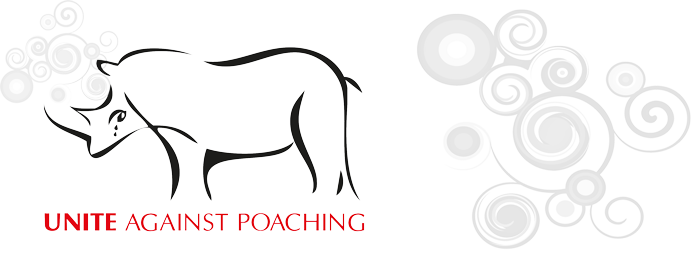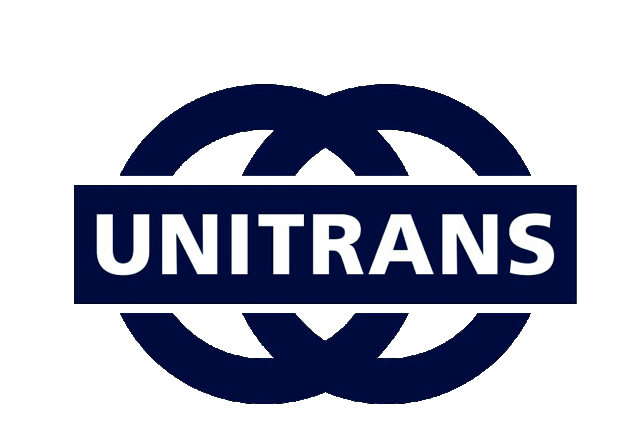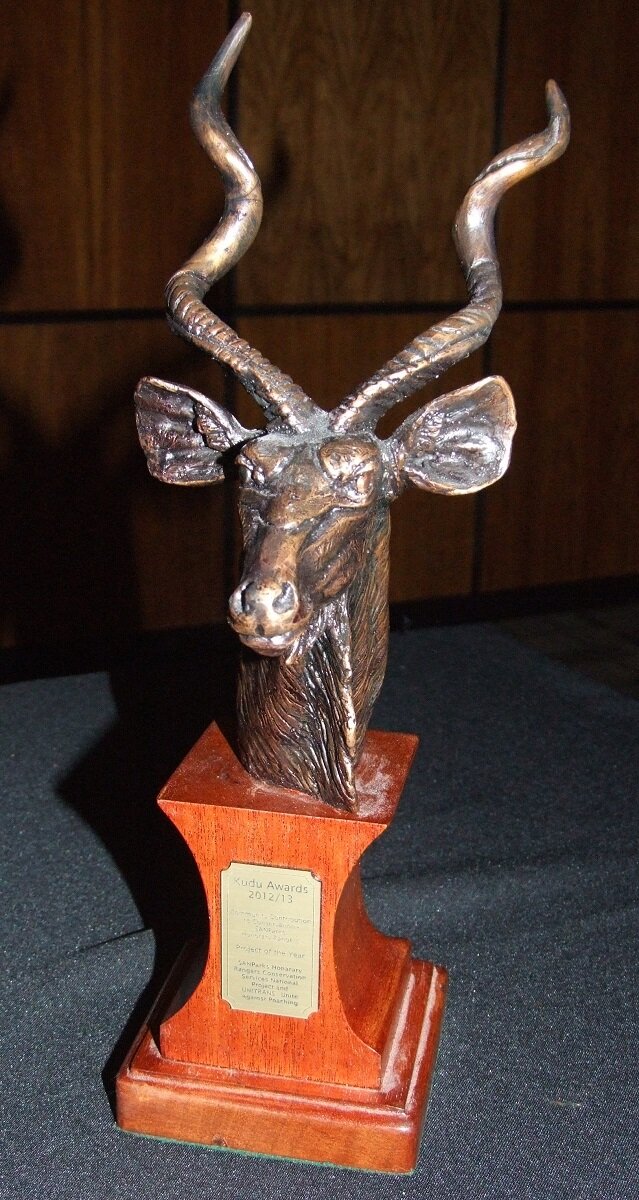WHITE RIVER – More than a third of the world’s rhino poaching cases happen in Mpumalanga. Although we are at risk to lose countless individuals within the species due to poaching, rhino as a species will not go extinct.
These were the powerful words of Gen Maj (ret) Johan Jooste, commanding officer of special projects at SANParks, when he addressed the South African Rotary Club at their biggest function of the year at Ingwenyama Conference & Sports Resort on Friday.

More than 400 delegates of the South African Rotary Club gathered there over the past week for the grand event, which commenced on Tuesday and concluded on Saturday. Jooste was one of many speakers who addressed the party about important issues in our country. He is responsible for all issues relating to anti-poaching strategy, planning and execution. During his speech, aptly named “The So-Called Rhino War”, Jooste highlighted the successful operations in which Mozambican rangers were involved, as well as the importance of community cooperation in the war against poaching.
Due to the sensitivity of reporting on poaching, numbers cannot be revealed in the media. However, it can be said that South Africa’s cooperation with Mozambique has proven to be successful and beneficial in this war. “Our cooperation with our neighbours has become vital. The sad reality is that the Kruger National Park (KNP) has become a supermarket for poachers,” he told the attendees. “The south of the KNP is the hottest target. The borders have basically become fault lines across which the rhino horn travel.” According to him, rhino horn is the most expensive commodity in the world and the fourth largest criminal activity on the globe. The prevalence of poaching these animals has increased tenfold over the past 10 years.
“There are no quick solutions, because the increase in poaching activity is ascribed to one major driver – lifestyle. Consuming rhino horn has become a matter of status and lifestyle, rather than medicinal. “One long-term solution is for the community to own all the national parks, but that would be too late for the rhino. Another is more technological, and that is social media. I believe, spreading knowledge and encouraging global cooperation can and will help our cause, if we do it right, if we mobilise our resources and expose poachers, it can be done – with the help of everyone.”
LOWVELDER Newspaper






 Mitec Solutions
Mitec Solutions